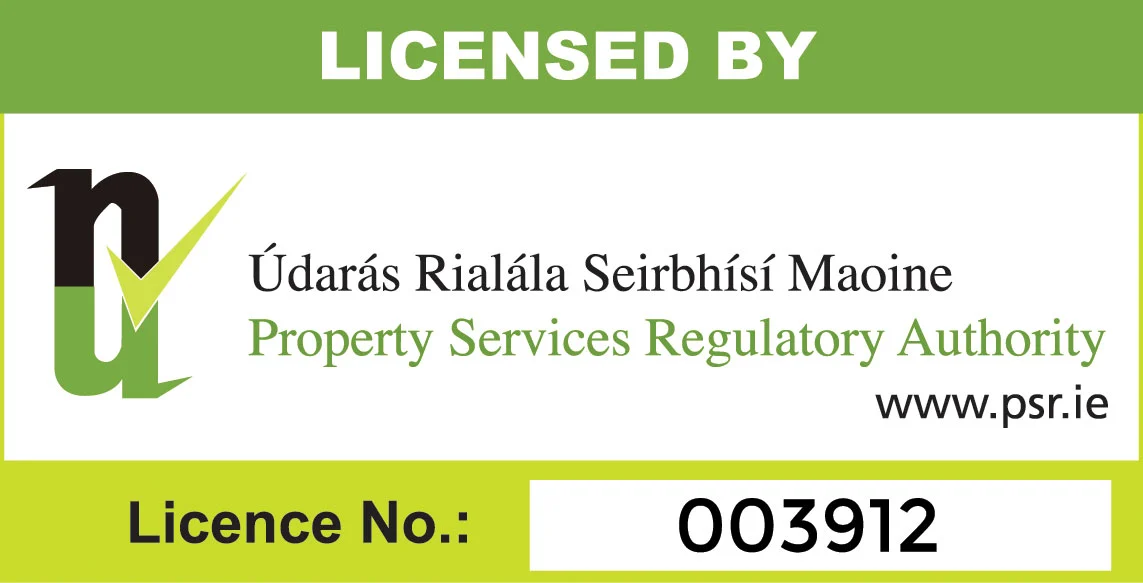Contents
What is NPPR?
NPPR stands for Non Principal Private Residence. This tax was introduced in 2009 and remained in force until 2013. The genesis of the tax was the Irish Government’s need to broaden its tax base to reduce its reliance on transactional taxes (stamp duty, CGT) to which it had become overly reliant during the property boom.
Who Was Liable for NPPR?
The charge was payable by the owner of any property which wasn’t his/her principal residence; hence it was dubbed the “second home tax”. The charge itself was €200 per annum and was eventually scrapped in favour of the Household Charge and subsequently, the Local Property Tax which remains in place to this day.
Initially, compliance with this tax was thought to be quite low. This wasn’t surprising as many of the landlords who became liable for the charge were watching the value of their properties collapse and many were under financial pressure. Many decided that paying tax on an asset that was worth far less than they had paid for it was a step too far and they resisted payment. The government responded by introducing stiff late payment fees and placing these fees as a charge on the property in question. This meant that should a non compliant owner decide to sell the property, they would not be able to do so until the arrears were paid.
The Situation for Principal Private Residents
For those who did live in the property during 2009-2013, the charge was not due. In order to sell the property however, it is the vendor’s responsibility to demonstrate that the charge was not due and isn’t outstanding. This is achieved with a certificate of exemption which proves that, as the vendor did live in the property during the period, they were not liable for the tax. Proving that a property was a principal residence is typically achieved with the provision of utility bills in the owner’s name. For those who paid the tax on time, they prove compliance with a certificate of discharge. More information on this is available here: www.nppr.ie
What Happens if You Didn’t Pay the NPPR Charge?
For those who have sat it out for over a decade at this point, their persistence looks set to be vindicated. The charge on the property lasts for a period of 12 years so as of the 1st of August 2021, the 2009 charge is now no longer due. As of 1st April 2022, the 2010 fee has been eliminated and so forth until late NPPR fees will be fully eliminated on 1st April 2025.
The table below outlines the current amount due per liable property unit.
It is important to note that all references to a "property" can be taken to mean a "property unit" (flat, bedsit etc).
| YEAR OF CHARGE | AMOUNT DUE | |
|---|---|---|
| 2009 | €0 | as of 01/08/2021 |
| 2010 | €0 | as of 1st April 2022 |
| 2011 | € 1470 | €0 as of 1st April 2023 |
| 2012 | € 1110 | €0 as of 1st April 2024 |
| 2013 | € 750 | €0 as of 1st April 2025 |
For those property owners who are prepared to sit it out for the long haul, they can avoid late payment fees in their entirety. The 2011 fee will be expunged in April 2023 and the fee will reduce to zero on 1st April 2025 when the 2013 late fee expires.
This may well leave a sour taste for those who paid up under threat from the government that no one would escape the charge.

